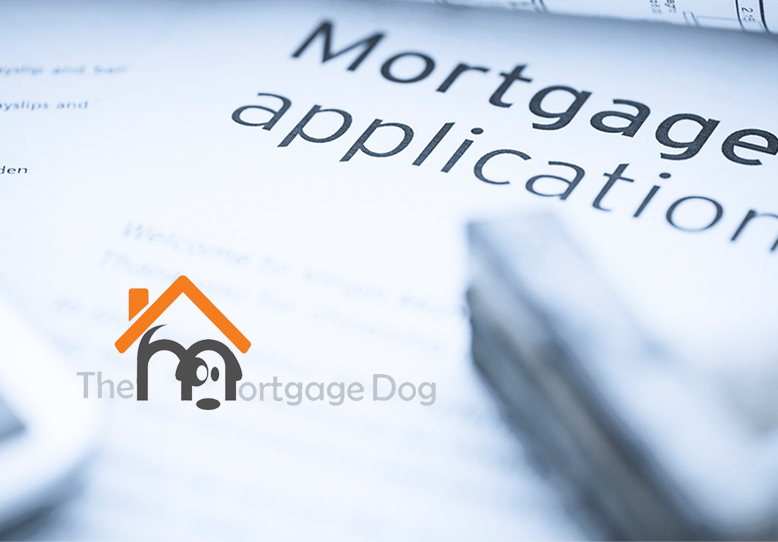
Getting a mortgage after an IVA
People struggling to clear debts are often offered an IVA, or Individual Voluntary Agreement. This means they do not have to declare bankruptcy.
And while it is means escaping the difficulties of becoming bankrupt, it still affects your credit rating. You have to keep this in mind if you’re looking for a mortgage after being offered an IVA. Recent years have seen lenders tighten restrictions when it comes to mortgages, so finding a deal with an IVA could be more difficult than it used to be.
With cost of living increasing and banks gearing up for an increase in bad credit, people’s finances are becoming stretched. And while no one wants to have debt, in such times it can be difficult for finances to keep up with rising costs.
What is an IVA?
An IVA is a legally binding agreement between someone and their creditors (the people they owe money to) to pay back debts over a set period. They are arranged by an insolvency practitioner, who is usually a qualified accountant or solicitor.
They will arrange an IVA by assessing your financial situation and then produce a payment plan according to your affordability. The practitioner also considers creditors and then communicates with them during the IVA, which is usually over five years.
Once creditors accept the IVA, charges and additional interest freezes. The agreed debt is then paid monthly to the insolvency practitioner who will pay your creditors and deduct a fee.
An IVA must be approved by a court and recorded on the Insolvency Register.
If there is remaining debt once the period of time is over, it’s usually written off. The record is then officially removed from the Insolvency Register.
Can I get a mortgage after an IVA?
Having an IVA doesn’t mean you can’t get a mortgage! But it does mean you may not be considered for the lowest mortgage rates. Specialist lenders, however, may still be able to offer competitive rates.
Getting a mortgage after an IVA isn’t a simple process. High street banks and building societies may decline to make an offer, especially if the IVA is still active. The main problem is that the IVA will show up on your credit file.
Using a mortgage broker, like The Mortgage Dog, can help you because we can access specialist lenders who offer mortgages to borrowers with an active or past IVA. Lenders assess each case on individual circumstances, so each mortgage application varies.
How long does an IVA stay on file?
IVAs usually stay on credit files for six years from the date it is officially registered. Even if your IVA is settled early, it will still be on your credit file. Your credit report should clear once you’ve paid creditors and six years have passed.
More than two-thirds of lenders need IVAs to have been paid off and cleared for six years before offering a mortgage. The rest will make an offer after three, meanwhile. One lender will even consider you for a mortgage 12 months after you have cleared your IVA – but be aware that this specialist lender’s offer comes with big interest payments!
Lenders often ask if you have had an IVA in the past, even after your credit file is clear. Never keep that from a lender when applying, as it can create more problems for you.
What should I do if I have an IVA?
If you have an IVA and need a mortgage, it’s often better to speak to a mortgage broker. With their knowledge and access to specialist lenders not on the high street, they can help guide you through the process.
Contact us today if you’d like to speak to one of our team.
Your home may be repossessed if you do not keep up repayments on your mortgage.
